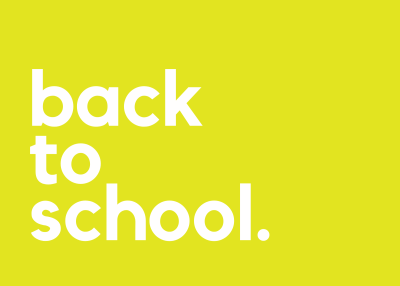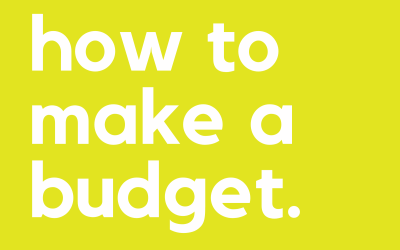It’s time to check in with your kids – How are they adjusting back to school?
The Physical Stuff
Uniform
Do they have a full uniform that fits? Is it labelled? Is anything lost already? Where can they find lost property? (You might need to go together tomorrow!) And what is their strategy for not losing anything? (The more input your child has – the more likely they will look after their things.)
School bag
Is the school bag working? Are the straps too long/too short? Is it too heavy? Are they carrying anything unnecessary? Does your child have a system for unpacking their bag, notes etc. and putting it away? (Work this out together). What system is in place for packing the bag each morning? (Again, the more responsibility at home = more responsibility at school.)
Lunch box
Is your child enjoying their lunch/morning tea each day? Ask for honest feedback – Is it too much, too little? What goes soggy? Is it taking too long to eat? Are they starving hungry? Are they missing out on play and therefore building relationships because of their lunch? What sustainable changes can you make? Better breakfast? More nutritious afternoon tea? Who says dinner can’t be served as soon as the kids get home from school?
The Emotional Stuff
Sleep
Are they tired? Moody? When is bedtime? The hours before 12am are the most important in terms of growth and brain development. Do they understand sleep cycles? School age kids have 60 – 90 minute sleep cycles. If they wake up in the middle of a sleep cycle kids will be grumpy and sleepy all day at school. Look on the internet for a children’s sleep cycle calculator to help you choose suitable sleep and wake times together.
Sharing the day
Do your kids like sharing their day with you? Do they feel like they get to share enough? Kids are not always ready to talk when you want them to. Observe them. Work out together when is the best time to share their day. You can also try different kinds of questions. Some kids forget everything about their day until prompted with specific questions – Tell me about lunch time? Or what was the lesson about in Science? Just remember it’s a relationship not a performance.
Check in on Emotions
How are their friendships going? How do they feel in the classroom? What is their teacher’s style and personality?
If they are anxious, worried or angry…dig deeper to find the root cause.
Are you a safe person to talk to and a source of love? Ask yourself honestly. Is your child feeling secure at home (big question – a little bit confronting – but so worth asking). What can you do together to build that security and trust? (This may be as simple as stopping and watching shows they like on tv together so you have a common language and some shared time or just having a conversation or a cuddle).
What if it’s not going well?
Can they work through some problems with you? Can they discuss possibilities with you? Younger kids might like to role play different responses (even wrong ones to release some feelings). Can they practice on you some conversation skills or work out some strategies to deal with overwhelm in the classroom or playground. Do they need to get help from someone else with this? Can you help them with that? Let your kids know they are never defined by another person (even a teacher). Teach your kids to know, love and appreciate their unique selves so that another person’s opinion is not a big deal.
Exercise
Are your kids exercising? Our fitness directly impacts our emotional health and regulation. Are they getting outside each day? Exercise is also a great social outlet and opportunity. Kids need at least 60 mins of aerobic activity per day. How much are they doing? Maybe they’re doing so much they are overtired? Or maybe they are not doing enough? What exercise could they build into their habits? Could they walk to school? (Could you do it together?).
The Learning Stuff
Read
Are they reading? The good news is that by Year 3 most kids can read! In the meantime, you can help your child through those first years at school with confidence. Kids are not always ready to read, particularly if they are still developing physically. Reading readiness tends to come with the losing of puppy fat and baby teeth and the growing of a stronger body and new adult teeth. So, if your kids are resisting reading – don’t stress, read to them. Are you reading with your kids? Are you taking turns with them so they don’t feel like it’s all a struggle? Are you making reading a game? (E.g., play card games with the words they have to learn). Are you reading aloud books they like?
Oxygen
Brains need oxygen. Is the window open when your kids are studying or doing homework?
5-minute rule
Do you have a timer? Kids can get a lot done in 5-minute increments. Do they have homework? Music practice? Chores? Start young kids off with a 5-minute expectation. Do as much as you can in 5-minutes then stop. (You may need to work together at first to help them). Put on a timer. Work through the activity until the timer is done. Celebrate all you’ve achieved when it dings. Then do the same thing the next day starting where you finished the day before. It’s surprising how much they get through in only 5 minutes a day. This teaches regular daily practice and is a great foundation for study in later years.
Author: Lauren Macdonald



